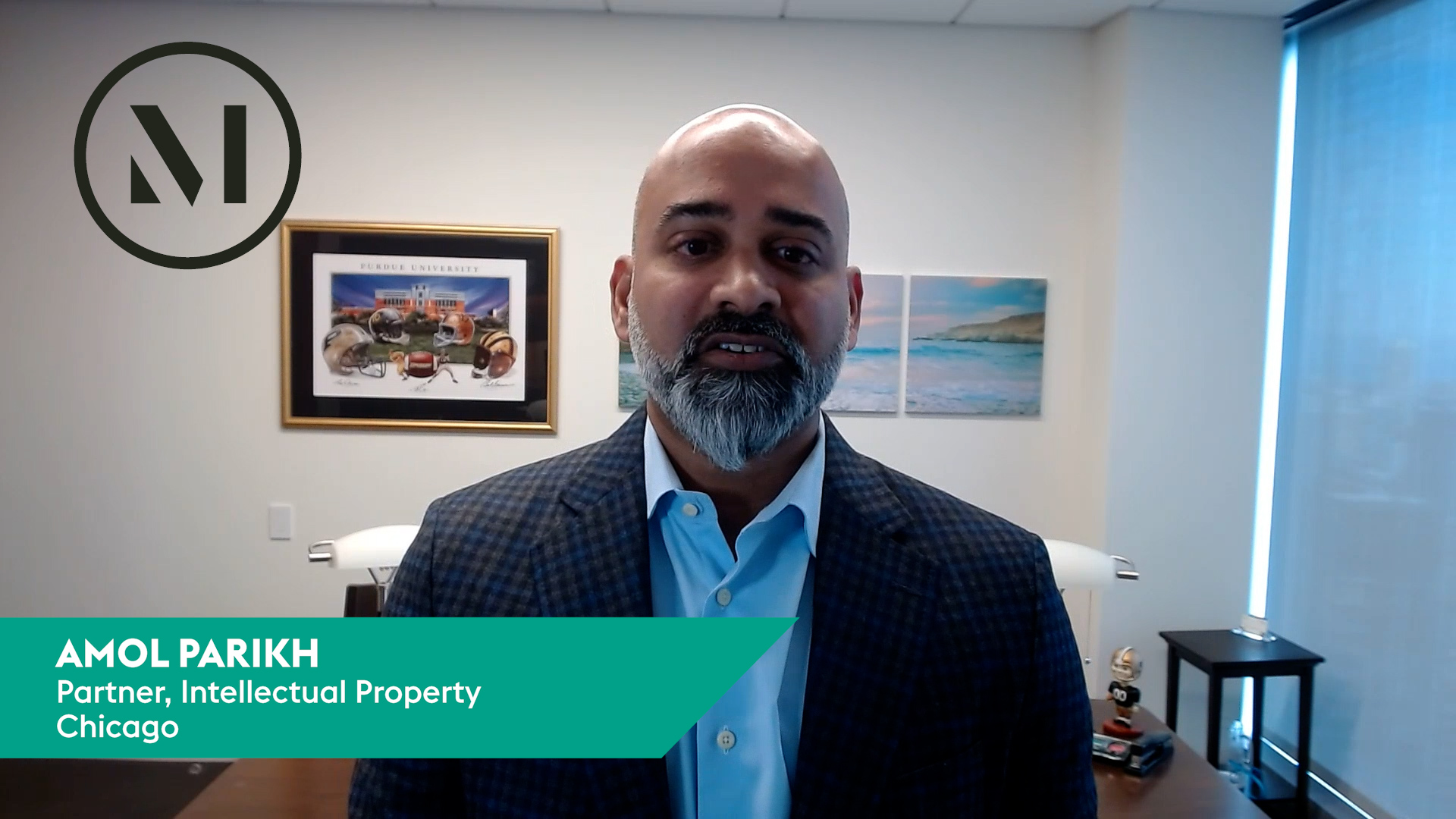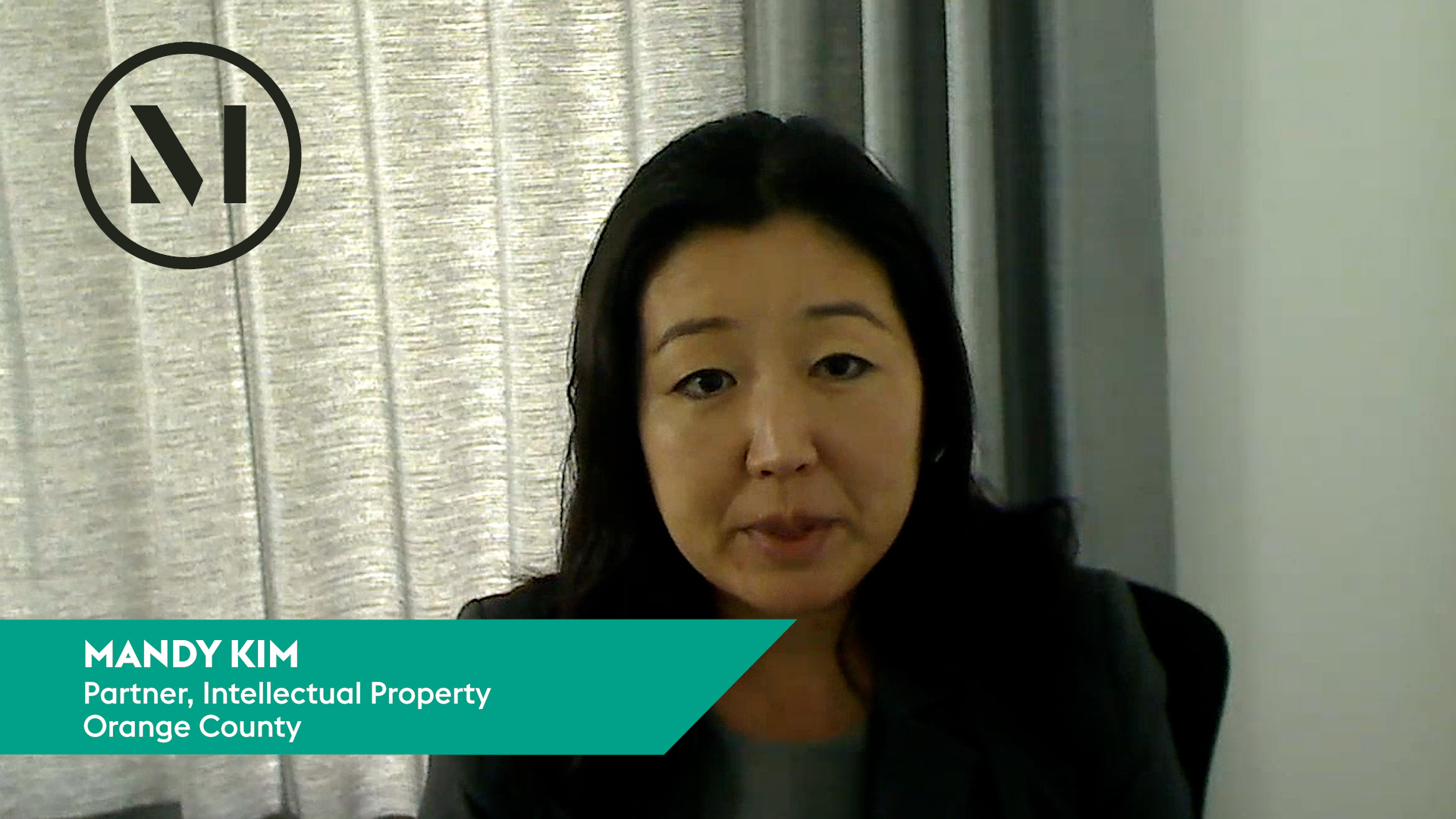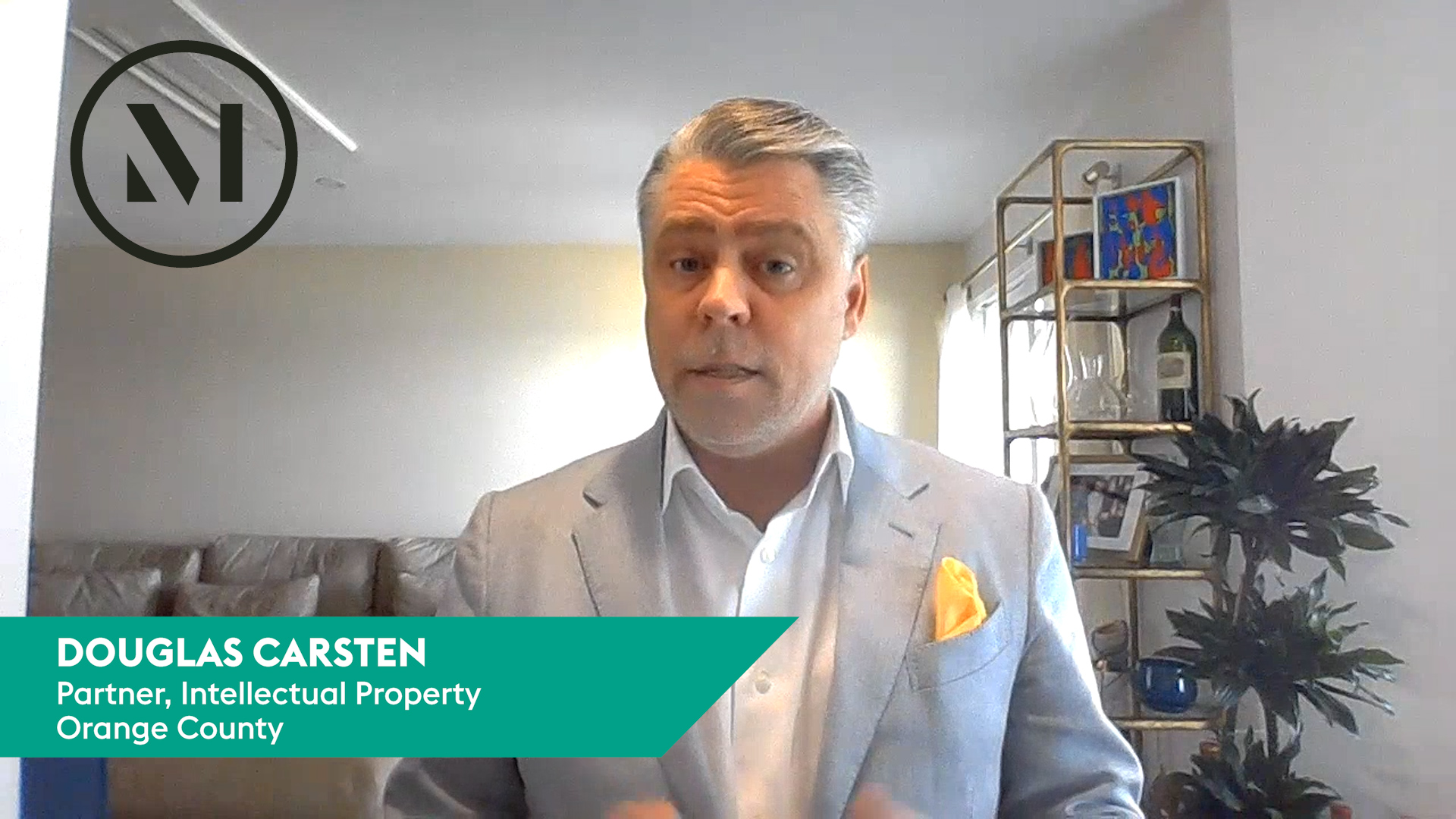The US Court of Appeals for the Second Circuit granted in part and denied in part Capitol Records’ petition for reconsideration of the Court’s January 13, 2025, decision in Capitol Records v. Vimeo. In that ruling, the Court determined that Capitol Records had waived the argument that Vimeo’s encouragement of users to make infringing lip-dub videos may constitute a form of right and ability to control infringement – an apparent forfeiture of the safe harbor provided by the Digital Millennium Copyright Act (DMCA). In its reconsideration decision, the Court removed a footnote regarding whether the “right and ability to control” argument was preserved for Supreme Court review. Capitol Records, LLC, et al. v. Vimeo, Inc., et al., Case Nos. 21-2949; -2974 (2d Cir. Sept. 9, 2025) (Leval, Parker, Merriam JJ.)
Capitol Records filed a petition for reconsideration of the Second Circuit’s decision, which found that Capitol had waived its argument under Metro-Goldwyn-Mayer Studios v. Grokster. A central issue was application of the Grokster precedent, which addressed inducement of copyright infringement. Capitol Records argued that Vimeo’s encouragement of users to create infringing lip-dub videos constituted a “right and ability to control” infringement, potentially forfeiting the DMCA safe harbor protection.
In its earlier ruling, the Second Circuit found that Capitol Records had waived this argument by not adequately presenting it in the appellate brief, despite having discussed it in the fact section. The Court emphasized that the argument was not developed in the argument section of the brief and, in a footnote, noted that Capitol Records had acknowledged that the argument was foreclosed by a prior ruling. Capitol Records argued that its waiver was not of the Grokster-based theory of forfeiture of the safe harbor, but rather of a claim under Grokster for induced infringement. The Court was not persuaded, noting that Capitol Records’ opening brief made no distinction between a Grokster-based inducement claim and a Grokster-based theory for forfeiting DMCA safe harbor protection. As a result, the Court rejected Capitol Records’ argument that the Grokster-based theory had not been waived.
In its most recent ruling, the Second Circuit granted Capitol’s petition to remove language from a footnote in the Court’s prior ruling that suggested Capitol’s Grokster inducement theory, based on the “right and ability to control,” was barred from Supreme Court review.
Practice note: The Second Circuit’s decision to partially grant and deny the petition for reconsideration clarifies the procedural requirements for preserving arguments on appeal and reinforces the complexities of applying traditional copyright principles to digital platforms. As the case progresses, stakeholders in the music and technology industries should monitor developments and implications for the DMCA and copyright enforcement.
read more


 Subscribe
Subscribe





